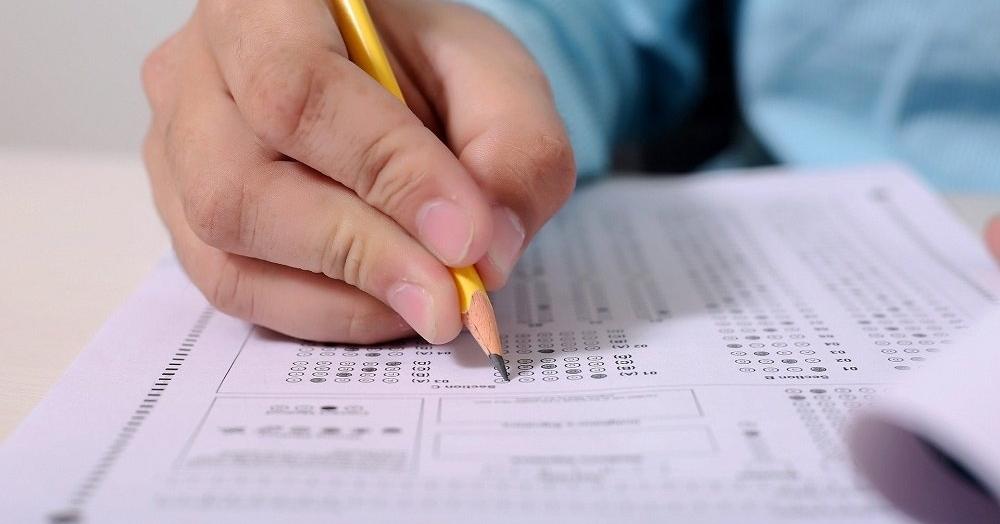Mastering calculations involving age has become a frequent stumbling block for many aspirants of bank exams. However, age-related problems are common in bank exams and are challenging for many aspirants. These problems require a solid understanding of mathematical concepts and logical reasoning skills. So, read on to explore essential tips and tricks to help bank exam aspirants solve the ages questions efficiently.
Know The Fundamentals
It would help if you were comfortable with subtraction, addition, multiplication, and division. Familiarise yourself with different time units, such as years, months, and days. Make sure you can calculate age differences and sums accurately.
Common Variations
Variations of these challenges often arise in bank exams in diverse formats. Proficiency in identifying the typical alterations found in such issues, which may encompass inquiries featuring more than two individuals, intricate family ties, or dynamic shifts in the progression of years, will equip you to address a broad spectrum of scenarios confidently. Acquainting yourself with various problem types and honing your skills through practice will elevate your problem-solving abilities and enhance your self-assurance when encountering such questions in bank exams.
Use Diagrams or Charts
Creating a diagram or chart can help you visualise the relationships and ages involved in the question. Drawing a family tree or a timeline can make tracking changes in age easier. Visualisation can be a powerful tool for solving complex issues.
Utilise Ratios and Proportions
Ratios and proportions are essential for solving these questions, especially when dealing with age differences or comparisons. If the problem involves finding the ratio of years or determining how they change over time, set up equations using ratios and proportions to find the solution.
Pay Attention to Language
The wording of these question statements is crucial. Carefully read the question and pay attention to keywords like “older,” “younger,” “in the past,” or “in the future.” These words provide clues about how to set up your equations correctly. Misinterpreting the language of the question can lead to incorrect answers.
Consider Age as a Variable
In many of these questions, you’ll encounter scenarios where the exact time elapsed since an individual’s birth is unknown. In such cases, consider using a variable to represent the unknown age. This simplifies the problem and allows you to set up equations that can be easily solved.
Practice with Real-Life Scenarios
To improve your skills in solving these problems, practice with real-life scenarios. Create your issues based on the ages of family members, friends, or colleagues. This hands-on approach will help you apply your knowledge and develop problem-solving strategies.
Work Backwards
Sometimes, it’s easier to work backwards from a known time to determine the particulars at a specific point in the past or future. For instance, if you have information about the combined years of two individuals at a specific moment, subtract the difference to ascertain their particulars.
Compound Interest Problems
In bank exams, these problems frequently intertwine with compound interest calculations. It’s crucial to comprehend the principles of compound interest, especially concerning investments, loans, or savings accounts. Regularly practicing problems involving interest calculations related to such scenarios will ensure your preparedness.
Keep Track of Units
Maintaining consistency in units of time is crucial when solving these questions. If you’re dealing with years, ensure that all ages and time intervals are expressed in years. If months or days are involved, make appropriate conversions to ensure all units match.
Conclusion
Solving the ages questions in bank exams requires mathematical skills, logical reasoning, and careful attention to detail. By understanding the basics, creating a systematic approach, using diagrams and ratios, and practising with real-life scenarios, you can significantly improve your ability to tackle these questions. Remember that practice is vital, so devote time to solving various age-related problems to boost your confidence and success in bank exams. With dedication and the right strategies, you can easily conquer these issues.
